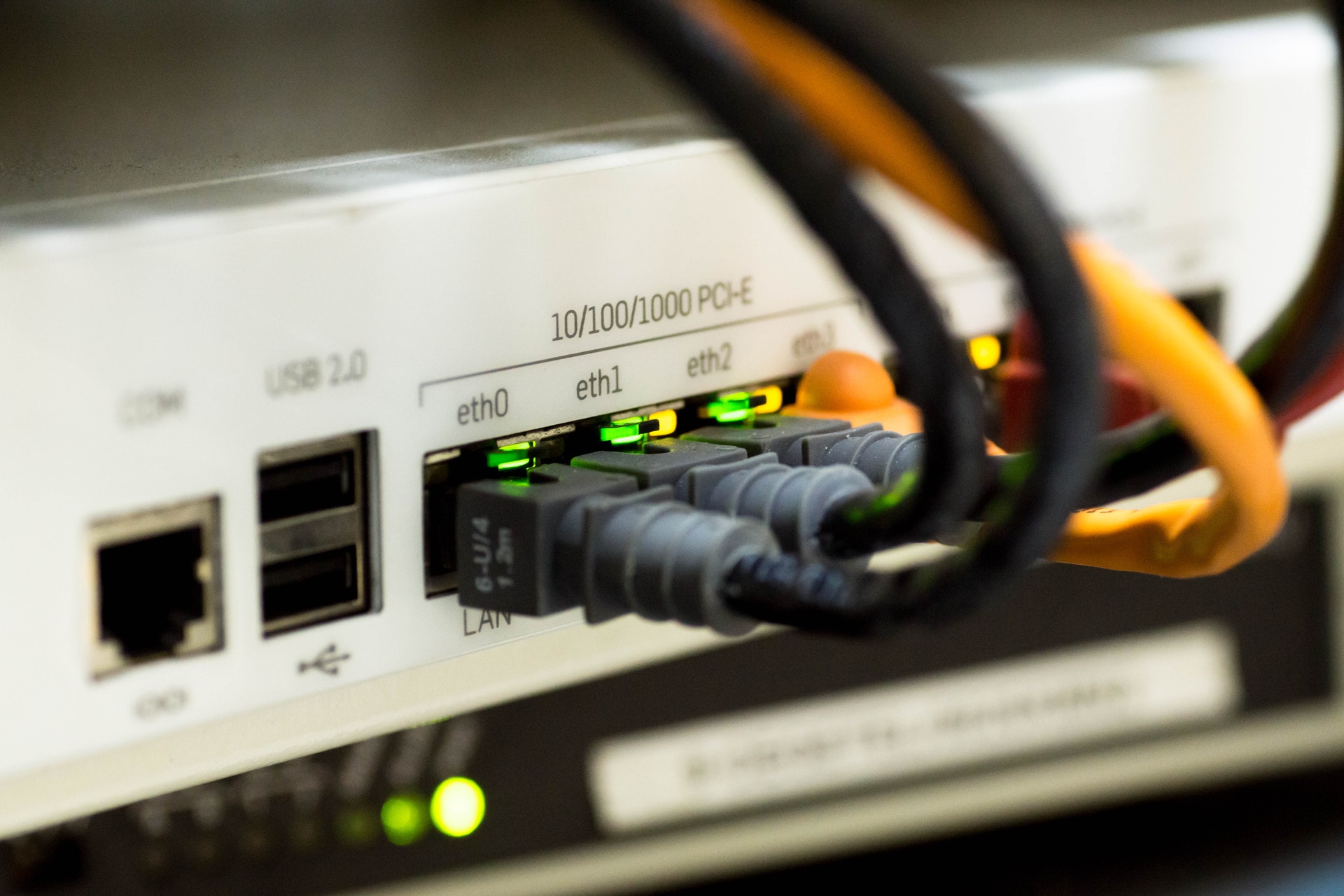

It is now generally acceptable globally that internet is no longer a luxury, but an indispensable tool that has become a way of life.
Just recently during the Covid-19 global pandemic, because of internet, people were able to continue with their work from their homes amidst movement restrictions – both within countries and across borders – that were imposed to contain the virus.
Many cannot help to wonder how much the global economy and order, in general would, would have been affected had this pandemic struck before the advent of internet.
Either the lockdowns would not have been plausible because of lack of alternative ways of business continuity, or in case we chose to go through with lockdown, the global economy would have taken a hit that we may have not been able to recover from.
This is just but simple example of how much internet connectivity has become vital in our daily lives.
At the Broadband Commission Meeting for Sustainable Development that took place this weekend in Kigali, leaders – including the two co-chairs of the commission – made a rallying call for more investment in broadband to ease the financial burden of internet on the population whose dependence on it increases by the day.
It is however a known fact that the necessary infrastructure for broadband connectivity is very costly, and particularly low developed countries find themselves having to weigh their options, faced with many pressing needs of the population.
This is therefore why initiatives like Partner2Connect Digital Coalition by the International Telecommunication Union which aims at mobilizing resources to scale up internet connectivity to the most underserved communities, should be fully supported.
Developed countries, international organisations and most especially multinational corporations, should support this initiative because, as it has already been realized, a connected population is just one step behind prosperity.
More effort should also be put in creating regulatory frameworks, where necessary harmonized across countries, to guide the ecosystem and ensure populations get the most from that connectivity.


